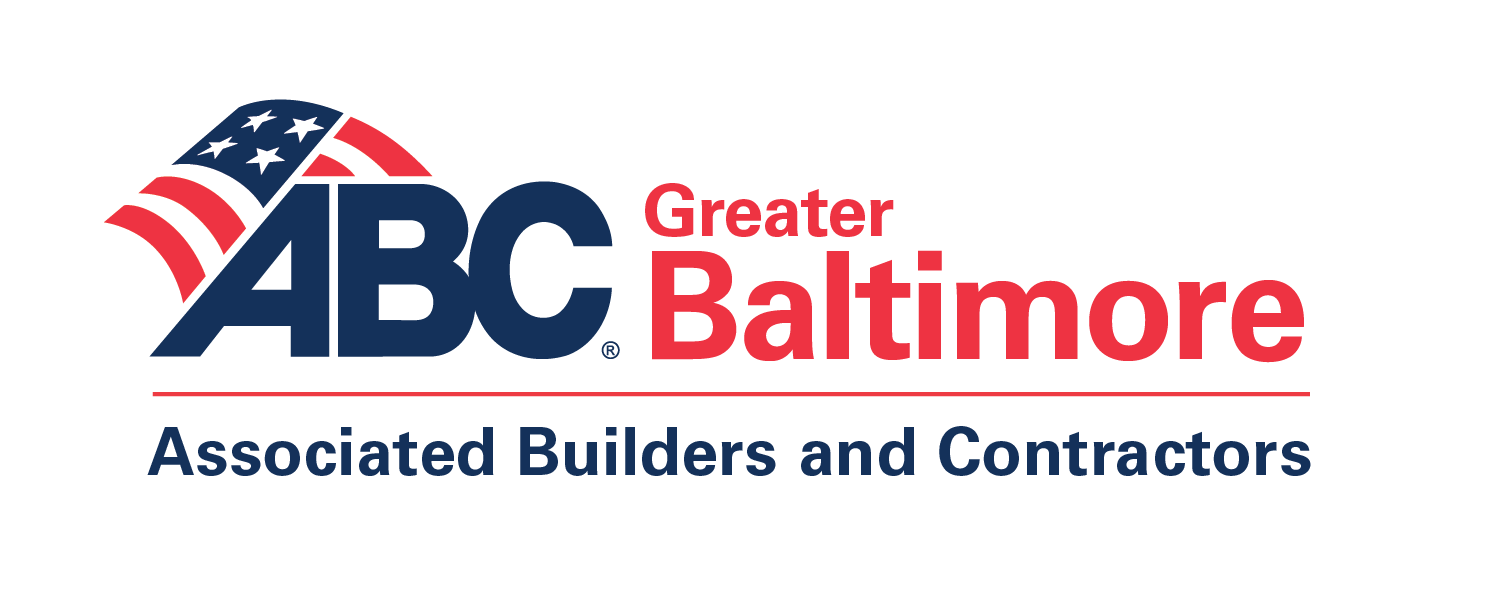In the aftermath of the death of George Floyd, Speaker Adrienne Jones (D – Baltimore County) crafted an ambitious legislative plan as the “Black Agenda,” aimed at closing the race gap in areas such as homeownership, health, and wealth. As part of her agenda, she introduced House Bill 1210 (HB 1210) to expand equity and ensure corporate diversity in Maryland. The legislation became effective July 1, 2022, and the Maryland Department of Commerce has since promulgated regulations to ensure the law’s effectiveness and enforcement.
O
To begin, by April 15th of each year, all businesses formed, qualified, or registered to do business in the State of Maryland must file an “Annual Report” with the State Department of Assessments and Taxation (SDAT).
O
Failure to file the Annual Report may result in forfeiture of the entity’s right to conduct business in the State of Maryland. Under HB 1210, business entities that receive State capital grants, tax credits*, or contracts** (collectively “state benefits”) worth more than $1 million in a single fiscal year*** must complete a “Corporate Diversity Addendum” to its Annual Report, which demonstrates that the business:
o
- has diversity in its board or executive leadership from “underrepresented communities”****
OR
- supports “underrepresented communities” in its mission.
Similarly, business entities that wish to qualify for a state benefit worth more than $1 million in a single fiscal year must demonstrate through the Corporate Diversity Addendum to the state agency providing the state benefit that it:
- has diversity in its board or executive leadership from “underrepresented communities”
OR
- supports “underrepresented communities” in its mission.
o
In providing information about its support for underrepresented communities in its mission, an entity shall report whether it engages in any of the following activities, also known as “diversity indicators”:
o
- Maintains written workforce diversity, equity, and inclusion (DEI) policies;
- Offers DEI training to its workforce;
- Assigns a senior-level employee as responsible for oversight and direction of the entity’s DEI efforts;
- Reports performance of workforce DEI programs on the entity’s website;
- Includes DEI objectives in performance plans of its managers;
- Publishes information about DEI commitments and efforts on the entity’s website;
- Provides career advancement training and opportunities for its employees, which include members of underrepresented communities;
- Collaborates with educational institutions serving significant or predominant student populations or affinity groups from underrepresented communities;
- Has a supplier diversity policy that provides business opportunities to diverse suppliers, including businesses owned by members of underrepresented communities, such as State-certified minority business enterprises (MBEs);
- Publicizes procurement opportunities to encourage participation from businesses owned by members of underrepresented communities;
- Measures the percentage of contract dollars awarded to businesses owned by members of underrepresented communities, including MBEs; and
- Provides support and outreach to underrepresented communities or organizations that represent underrepresented communities.
o
A State agency shall deny a State benefit to an entity unless the entity:
- completes the Corporate Diversity Addendum and satisfies that it meets at least four (4) of the twelve (12) diversity indicators above; or
- provides to the State agency an affidavit signed by a corporate officer or principal of the entity, stating under penalties of perjury that it is an excluded entity under is not required to submit the Corporate Diversity Addendum because it is either a:
- sole proprietorship;
- limited liability company owned by a single member;
- privately held company where at least 75% of the company’s shareholders are family members; or
- an entity with an annual operating budget or annual sales of less than $5,000,000 and does not qualify for a state benefit.
O
An entity shall keep complete and accurate records supporting any information or statement provided to an agency through the Corporate Diversity Addendum or the affidavit for a period of 5 years from the date of submission. An agency may audit the addendum or affidavit during that time period. False assertions in the addendum or affidavit could result in the cancelation of the state benefit; repayment of a capital grant or recapture of any tax credit; debarment proceeding against an entity that has received a state contract; and any other remedy available at law.
O
The Department of Commerce and Governor’s Office of Small, Minority, and Women Business Affairs must develop and maintain a State equity report that compiles diversity data for each entity on (1) the membership of underrepresented communities in the entity’s board or executive leadership and (2) the support of underrepresented communities in the entity’s mission.
O
*The legislation states the intent of the General Assembly that an entity that proposes to locate within a tax increment financing (TIF) district or to enter into a payment in lieu of taxes agreement with a local jurisdiction must first demonstrate their corporate leadership or mission meets the bill’s requirements.
O
**State contract means a contract that resulted from a competitive procurement process and is not federally funded in any way.
O
***For state benefits that are intended to be disbursed over more than one year, only the amount that will be disbursed in one fiscal year counts toward the $1 million threshold.
o
****“Underrepresented communities” are those whose members self-identify as Black, African American, Hispanic, Latino, Asian, Pacific Islander, Native American, Native Hawaiian, Alaska Native, or any combination of one or more of these listed racial or ethnic groups.

